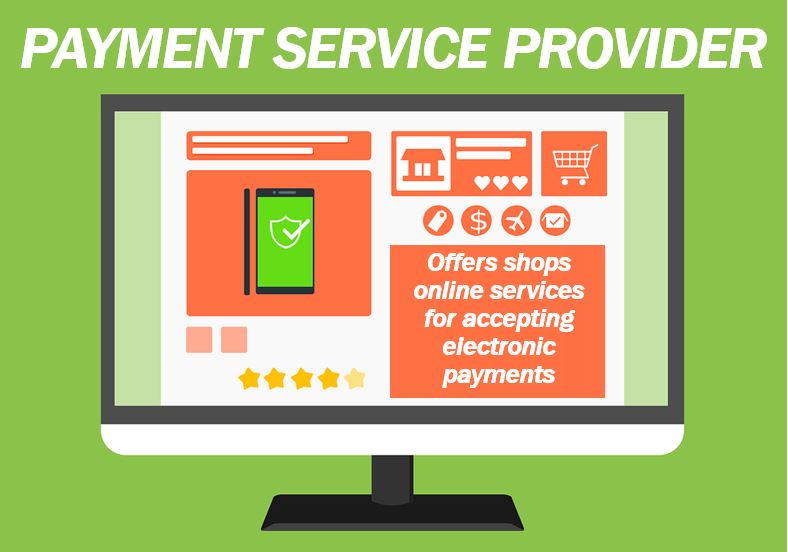Any online retailer at one point or another has come across moments where they are seemingly inundated with fraudulent activity or payment processing issues. To solve this, retailers have begun to seek out third-party payment processing services.
These third-party companies strictly oversee the payment process, and in turn, this allows retailers to concentrate on building business relationships and focus on marketing.
 According to Payfac, a Payment Facilitator is a party which allows any retailer offering merchant services an online payment method. If you want to sell goods online, you’re going to need a way to collect funds from consumers. Payfacs provide for this.
According to Payfac, a Payment Facilitator is a party which allows any retailer offering merchant services an online payment method. If you want to sell goods online, you’re going to need a way to collect funds from consumers. Payfacs provide for this.
Payment Facilitators additionally provide other services which are attractive to many online retailers. This article explores the benefits of Payfacs.
Merchant Accounts
Depending upon a retailer’s complex processing volumes, there are two different types of merchant accounts for which online merchants will qualify. These accounts include either a Payment Service Provider (PSP) account, or an Independent Sales Organization (ISO) account.
Generally speaking, if a business processes less than one million dollars in revenue annually, you would be looking for a PSP merchant account for which many Payfacs gladly and commonly provide.
Small businesses and startups qualify for PSP accounts, and correspondingly often need a Payfac to aid with transactions.
Payment Facilitator Basics
The primary function of a Payment Facilitator is to provide PSP merchant accounts. The process itself used to be very time-consuming, often taking weeks for online retailers to apply for and get a merchant account. Fortunately for merchants, as the online retail world has evolved, Payfacs have simplified the enrollment process by the creation of sub-merchant platforms.
A sub-merchant platform is essentially a Payfac that has been pre-approved to hold an individual and master merchant account for an acquirer. As part of this process, Payfacs are then able to sign-up retailers under their individual master accounts and qualify them as sub-merchants.
You should note that online retailers often get their own individual merchant accounts, but it can be a very meticulous and drawn-out process. This reason is why the popularity of the Payfac model has risen.
Benefits of Payment Facilitators
Payfacs provide a streamlined payment process that leaves the retailer free to concentrate on daily business affairs without additionally worrying about payment systems or any issues that may arise within this space.
Several features that Payment Facilitators offer are (but are not limited to) the following:
- Integrated Checkout Pages
- Fraud Detection Tools
- Payment Processing
- Payment Data Storage
- In-house Technical Teams
- Analytics Dashboards
- Consumer Data Collection
- Accounting Tools
Though the Payfac models may vary widely and offer additional services not listed in the text above, many of these businesses significantly reduce any accounting overhead that most small businesses can’t afford when in the start-up phase.
Taking Advantage
Online retailers, whether they’re in a startup stage or have been around and are growing as a brand, have a lot of daily business tasks to take on. In today’s digital world, combined with the complex system of payment metrics and data collection, keeping track of everything a payment system entails can be an overwhelming process.
Payment Facilitators are in the business of helping other companies streamline their services and remove a bit of the frustration that comes along with running a business. If you’re a small business or startup owner, consider using Payment Facilitators to help take the worry out of the payment process.
_________________________________________________
Interesting article you may like: “What is Retail?“

